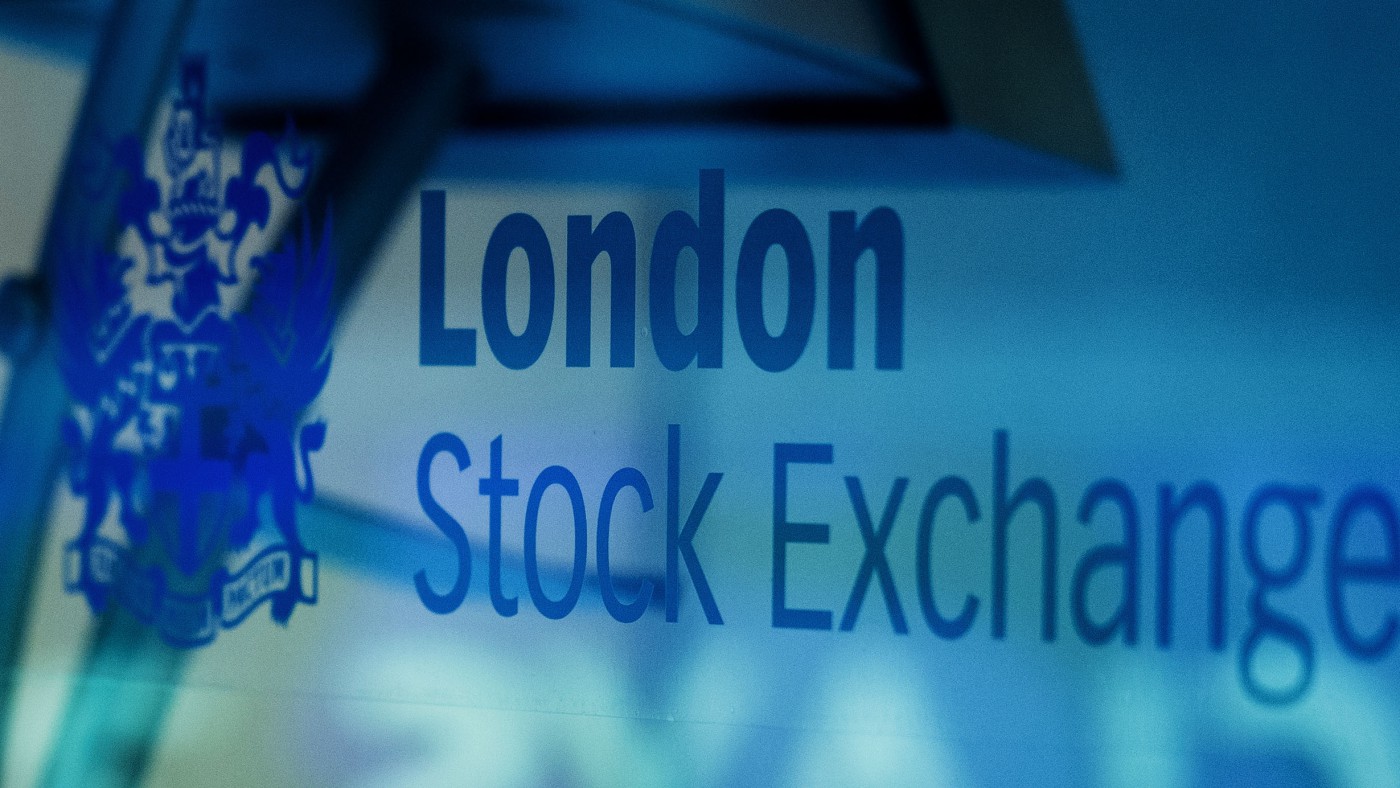What on earth is going on in markets? Stock markets had their eighth down day in a row yesterday and the FTSE 100 has dropped to its lowest for three years. Yet the economy is supposedly recovering so strongly that the US Federal Reserve is contemplating raising interest rates tomorrow (Wed) for the first time in nearly a decade.
For an explanation, let us begin at Micheldever Tyre and Auto, just outside Winchester in Hampshire. According to Manouche Shafik, the deputy governor of the Bank of England, in a speech yesterday you can learn more from visiting this establishment than you can from the most brilliant economist.
Before the financial crisis struck, some 80% of drivers replaced their tires when they still had the legal minimum 1.6mm of tread. That collapsed to about 45% of drivers and has been languishing there ever since. In other words, more than half us are still driving around on dangerously bald tires before we get them changed.

It is possible there is something about Micheldever which makes the statistic an exaggeration. But the deputy governor’s tyres are not the only things which are flat. Wage growth across the economy is too. It picked up briefly last year, but has since plateaued as workers don’t feel confident about asking for a rise and companies don’t feel confident about offering one. The guys with the tyre irons reckon the recovery is not as well established as some – especially politicians in the Conservative party, it has to be said – have come to believe.
With unemployment and interest rates low, where will the economic threat come from? It is staring is right in the face when we will up the car with fuel. Petrol prices are dropping rapidly and you can now fill up for 99p a litre in some supermarkets, the lowest price for nine years. Cheap petrol, which is in turn derived from the lowest oil prices for seven years, is a physical manifestation of the great economic threat of our time: deflation.
In the first instance, low prices and negative inflation – it was minus 0.1% in October – make is all better off. Asda has an income tracker and it claims that the average household has 10% more disposable income than this time last year. But deflation is not the same as lower prices. It is not. If wages also begin to fall and companies too find they have no pricing power and get into difficulties, falling prices can mutate into an altogether different and more toxic proposition. Companies and individuals may struggle to pay their debts, as in America in the 1930s. This is deflation.
That is potentially already happening in the energy and resources sectors. High yield bonds have dropped sharply and three US bond funds have shut, on fears that energy companies who have borrowed too much will struggle to pay their debts. Investors are worried that massive dividend payers like Shell could join Anglo-American and cut their payouts.
So the message from markets is clear: do not take the recovery for granted, and unless productivity and confidence pick up it won’t just be our tyres which are in danger of deflating.
Let us hope they are paying attention in the Treasury. There have been three Budgets so far this year, which is at least one too many, and each one has successively raised taxes on the productive wealth creating sectors while simultaneously forecasting growth rising to trend and tax revenues rolling miraculously in. The markets are sceptical.


